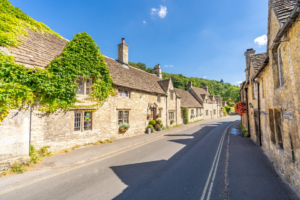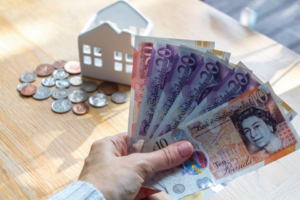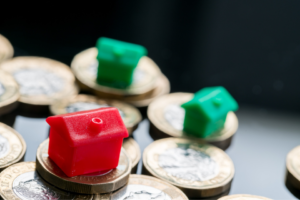Undeclared Airbnb income explained
If you rent a property or room via Airbnb, you may be aware that the platform is now obligated to share host income data with HMRC. This new ruling came into effect on 1 January 2024 and means the tax office is now better placed to cast an eye over the financial affairs of Airbnb hosts.
If you already declare your taxable Airbnb income to HMRC, the new dictate won’t affect you – just keep doing what you’re doing! However, if you’re at all uncertain about your tax responsibilities, we strongly recommend that you seek tax advice from an expert who can assist you with all your Airbnb HMRC queries. Here, we discuss undeclared Airbnb income and what to do about it.
What is undeclared Airbnb income?
Undeclared income refers to any taxable earnings that haven’t been declared on a Self Assessment tax return. This applies to any form of revenue, including money made by Airbnb hosts that reaches a value in excess of the tax-free allowance thresholds. Those renting out a second property are entitled to £1,000 of tax-free income, while those renting a room in their primary residence may be able to claim up to £7,500 of tax-free income. If you have earned more than this in one tax year, and have not filed a Self Assessment, you have undeclared income.
I haven’t declared my Airbnb income – what could possibly go wrong?
If you fail to declare your Airbnb earnings to HMRC, whether intentionally or by mistake, you could receive a financial penalty. Even worse, you could face criminal prosecution. Either way, it’s not worth the risk, so if you think you may have undeclared income, it’s important to rectify your mistake as soon as possible.
Your earnings from Airbnb can be viewed under the Transaction History section of your account. Check your income – for the 2022/23 tax year, you’ll need to look at 6 April 2022 to 5 April 2023. If you owe tax that you have not made HMRC aware of, we strongly recommend a voluntary disclosure, which you can do via the Let Property Campaign. This allows you to make a declaration online and provides you with a 90-day ‘state of grace’. During this period you can correctly calculate your tax, as well as any interest or penalties that may apply.
Under these circumstances, it’s beneficial to seek the help of a qualified tax accountant. A professional can ensure you remain compliant with all relevant tax obligations, and can help Airbnb hosts understand how to declare income and pay tax.
Get in touch with our Airbnb tax accountants
Here at Ibiss & Co, we’re fully qualified chartered tax advisers and accountants and we have a comprehensive understanding of all aspects of Airbnb UK regulations. If you need help with filing a Self Assessment tax return or you require general Airbnb tax advice, get in touch with a member of the team in our Barking, Tooting or Walsall offices.




